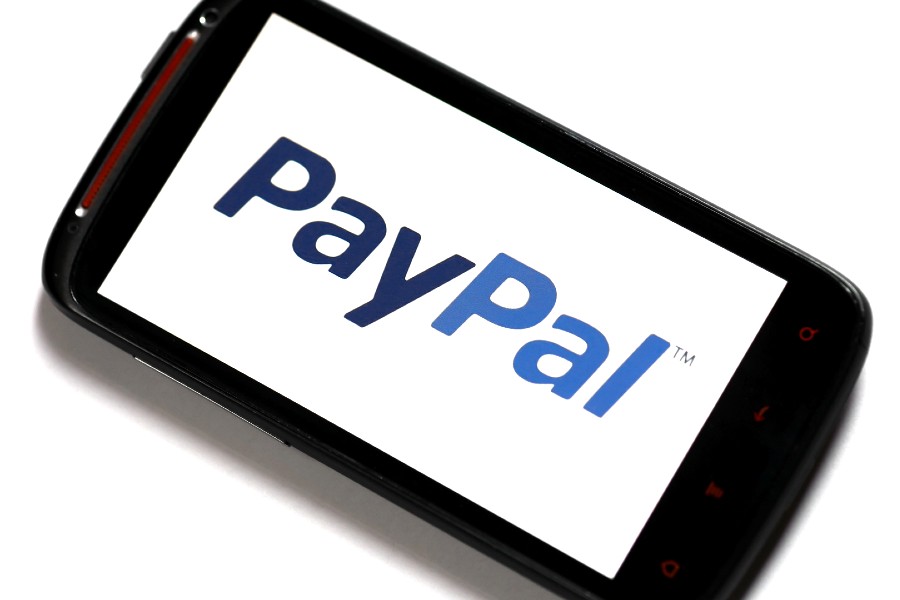
By Bretton Love
Business imposter scams are now the undisputed champion of phone/text scams from Harlem to Hollywood.
In the U.S. BeenVerified’s recent analysis of more than 165,000 phone scam complaints shows that 15.1% of all scams play up that angle.
Scammers are impersonating recognized businesses like Amazon, Apple, and other name-brand companies to appear reputable to their target, too — only to then run off with their personal or financial information.
Rounding out the Top 5 scams were Bank/Credit Card (10.3%), Debt/Loan (6.6%), and Free Money (6.4%).
The analysis found that romance scams are still hot and heavy, too. That angle jumped 10% this year and now accounts for 14.3% of the consumer scams reported.
Where these scammers live and how to keep them at bay
The analysts say that many of the scams target consumers who use peer-to-peer payment services and other platforms connecting users directly to one another.
Not that Facebook had a year-end goal of being the home to scams, but scams on its Facebook Marketplace were up 184.8% from 2021. Scammers were also lurking on P-2-P cash transfer apps Zelle (86%) and PayPal (31.8%). Meanwhile, crypto and romance scammers were using WhatsApp (32.1%) to target their victims.
“As we head into the busy holiday shopping season, BeenVerified warns consumers to be careful of business imposter scams,” a spokesperson for the company said, adding that there are five things consumers should do to protect themselves from phone scams:
1. Don’t respond to the message. In true cat-and-mouse fashion, responding to a message can produce an avalanche of problems. “It alerts the scammer of a valid number and someone willing to talk—this can cause more attempts to solicit information,” the analysts said. “If a text or call is presumably legitimate, find the company’s support number and call them back directly.
2. Don’t click links. Links can be connected to malicious software, such as ransomware, spyware, or a nasty computer virus that you could spend weeks trying to undo.
3. Don’t provide personal information. Any – ANY – personal information is something a good scammer can build on and flesh out further. Birth dates, credit card security code, or even the last four digits of a Social Security number could give scammers all the ammo they need to complete their puzzle of identity theft.
4. Don’t give someone remote access to your device. Never hand over control of a computer or device, unless the owner of the device initiated contact with the company. That advice is especially true for consumers who get a call out of the blue from a “tech support” person who claims they can fix your computer’s every woe.
5. Don’t pay with gift cards. A legitimate business will never ever ask a shopper to pay by gift card.
Find out more tips here.
Become a Harlem Insider!
By submitting this form, you are consenting to receive marketing emails from: . You can revoke your consent to receive emails at any time by using the SafeUnsubscribe® link, found at the bottom of every email. Emails are serviced by Constant Contact








